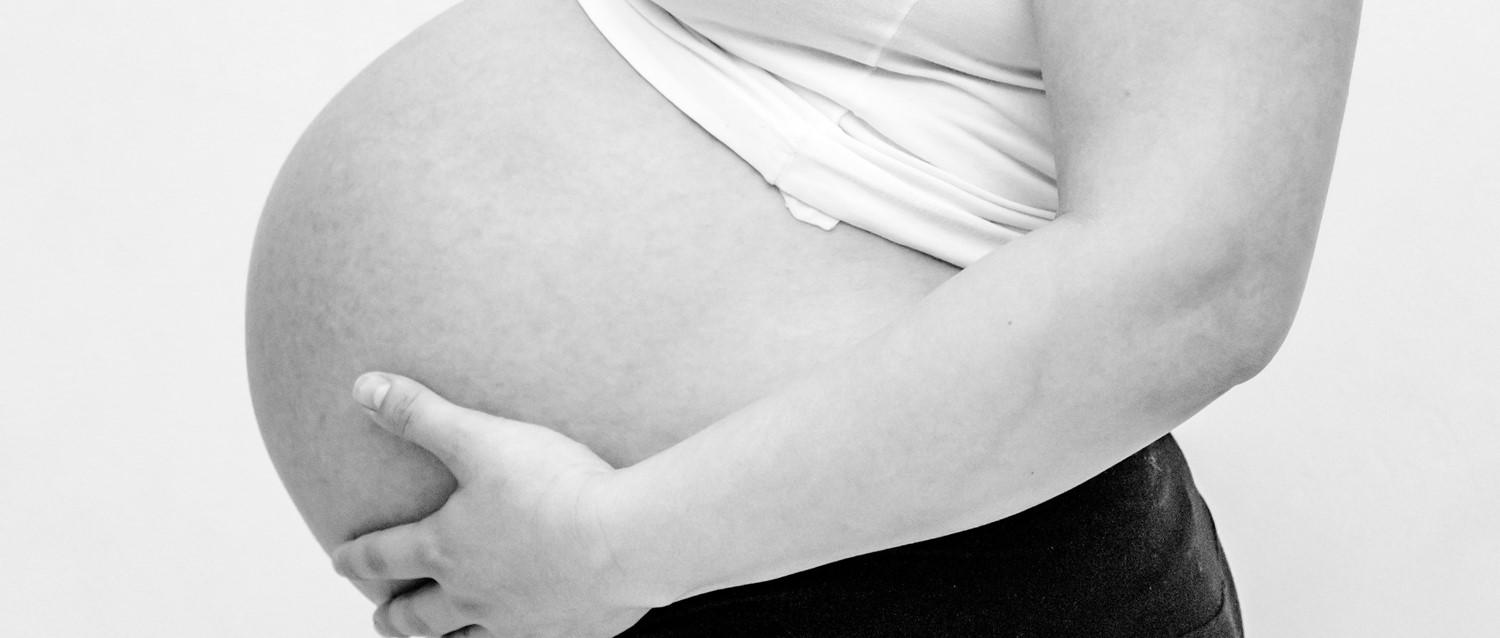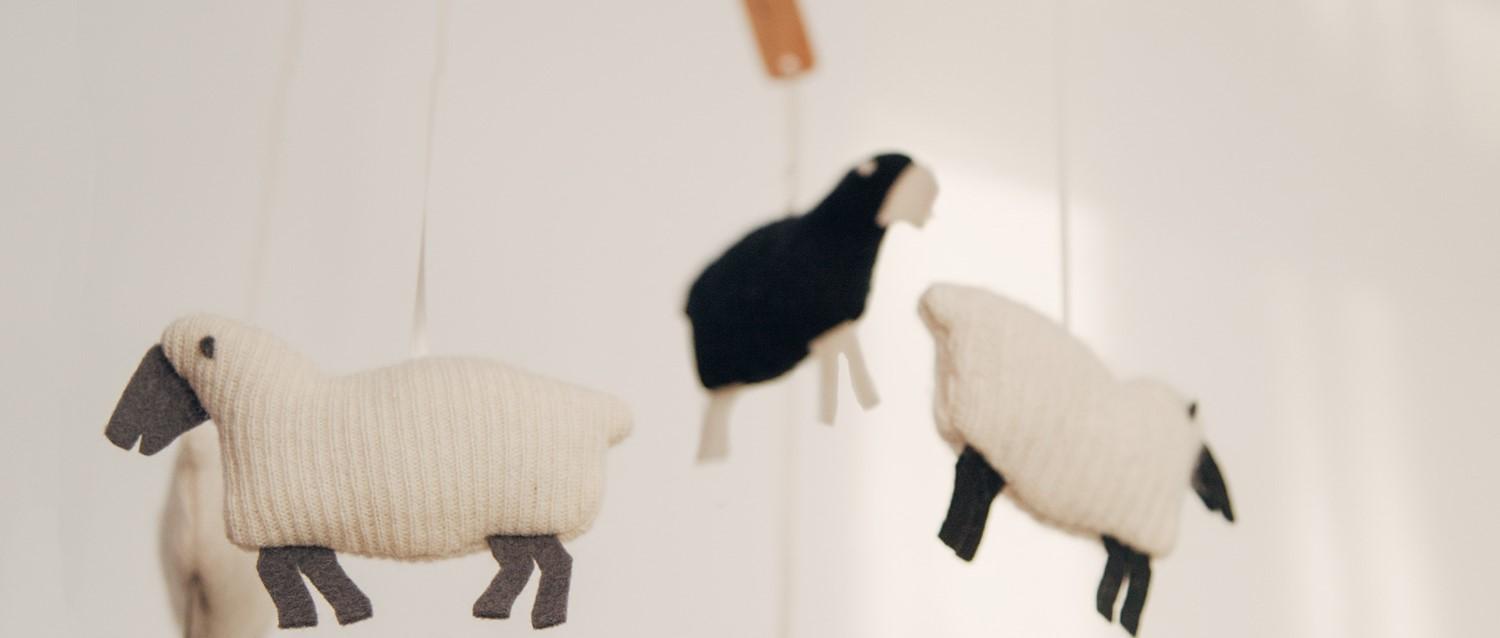
La pleine conscience est-elle utile pendant la grossesse et l'accouchement ?
Peer reviewed by Dr Sarah Jarvis MBE, FRCGPAuthored by Sara LindbergOriginally published 26 Sept 2017
- TéléchargerTélécharger
- Partager
S'il est une vérité universelle concernant la grossesse et l'accouchement, c'est qu'ils se déroulent rarement comme prévu. Lorsque j'étais enceinte de mon deuxième enfant, j'ai dévalé les marches et je me suis retrouvée à l'hôpital avec des contractions avant l'accouchement.
Dans cet article :
With eight weeks left until the due date, my doctor sent me home with a very specific set of instructions: partial bed rest until the baby is born.
Poursuivre la lecture ci-dessous
Take a chill pill
Unlike the constant feelings of 'busyness' and being on edge that I experienced during my first pregnancy, this prescription to "hit the pause button”, forced me to slow down, focus and be mindful of what was happening in my body.
This feeling of being calm and fully present is something most mums-to-be would love to experience during pregnancy and childbirth. Unfortunately, the physical and emotional demands that come with nurturing your body (and growing baby), as well as dealing with the hustle of day-to-day life, often cause undue stress.
That's why so many women are turning to the practice of mindfulness to help guide them through this journey.
Sélection de patients pour Le travail et l'accouchement

Grossesse
Comment être un partenaire de soutien pendant l'accouchement ?
Whether it's your partner, friend or daughter due to give birth, being asked to be a birth partner is an honour. However, providing practical and emotional support during labour can be a daunting role too.
par Lydia Smith

Grossesse
Bébés prématurés
Les bébés prématurés naissent trop tôt, avant d'avoir atteint leur plein développement dans l'utérus. Ils ont souvent besoin de soins médicaux supplémentaires ou intensifs pendant que leurs organes continuent à se développer jusqu'à ce qu'ils puissent survivre sans l'aide d'un spécialiste. La plupart des prématurés mènent ensuite une vie normale et saine, mais ils sont plus exposés aux problèmes médicaux et de développement que les bébés nés au bon moment.
par le Dr Colin Tidy, MRCGP
Learning mindfulness in maternity
One of the most noticeable benefits of mindfulness is that it helps you slow down and focus on the moment. Mindfulness-based interventions can reduce stress, improve coping skills and promote feelings of wellbeing. In fact, practising mindfulness on a daily basis may reduce pregnancy-related anxiety and depression, which can help you feel calmer and more connected to your body.
No wonder so many women are looking to gain insight and skills into how to practise mindfulness while they are pregnant.
“Typically, mindfulness exercises are taught and honed during pregnancy for use during labour and delivery,” says midwife Alexandrea Garbus.
During pregnancy, the body and mind both go through incredible changes. Garbus says she has seen mindfulness used to help some of the temporary discomforts of late pregnancy, as well as some of the emotional rollercoasters of pregnancy.
Mindfulness expert Micki Fine further explains that stress can be a factor at any time during pregnancy, labour, or after the baby comes home. And through mindfulness practice, mum can learn to develop coping strategies that can be put to use during pregnancy, delivery and parenthood.
Fine recommends that we start the practice of mindfulness meditation early.
“This gives you practice time to cultivate the open-hearted, nonjudgmental presence that can help deal with stressors whether during pregnancy, labour or post-delivery."
She also encourages us to set aside time to practise mindfulness meditation on a regular basis.
Poursuivre la lecture ci-dessous
Mindfulness during delivery
A recent study suggests mindfulness training carefully tailored to address fear and pain of childbirth may lead to important maternal mental health benefits. These range from improvements in childbirth-related appraisals to the prevention of postnatal depression symptoms
And unlike medications that aim to take the pain away during labour and delivery, mindfulness aims to change a person’s relationship to the pain sensations. That may make the experience of the pain less all-absorbing and less likely to trigger a cascade of negative emotions that make things worse.
Garbus explains that mindfulness during pregnancy and labour helps increase confidence and decrease fear, helps to develop a coping mechanism for pain management, facilitates communication and connection between partners, and teaches stress reduction techniques.
Staying in the moment
Mother, Isa Down, says she had an unmedicated labour, and mindfulness helped her feel like she was remaining connected to the moment while staying grounded. “I used mindfulness and deep breathing to get through the intense moments,” she says.
Like many other women, Down’s experience demonstrates how our thoughts about physical pain during labour can be decreased by practising mindfulness - a benefit that Fine also agrees with.
“Mindfulness can help you work with physical pain in the body by providing techniques for dealing with the pain one moment at a time,” she explains.
Trying to ward off labour pain by tensing or fighting with it causes greater discomfort and longer labour. “What we resist persists, and when we can acknowledge the pain and soften around it, to the best of our ability, pain may be less intense and labour may go more quickly,” says Fine.
Mindfulness can help us develop the compassion, and openness we need to let go of negativity. It's a practice that will stand you in good stead as your baby grows over the following 18 years, and beyond.
Historique de l'article
Les informations contenues dans cette page ont été évaluées par des cliniciens qualifiés.
26 Sept 2017 | Originally published
Auteur: :
Sara LindbergExaminé par des pairs
Dr Sarah Jarvis MBE, FRCGP

Demandez, partagez, connectez-vous.
Parcourez les discussions, posez des questions et partagez vos expériences sur des centaines de sujets liés à la santé.

Vous ne vous sentez pas bien ?
Évaluez gratuitement vos symptômes en ligne